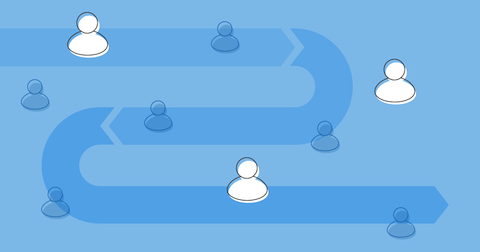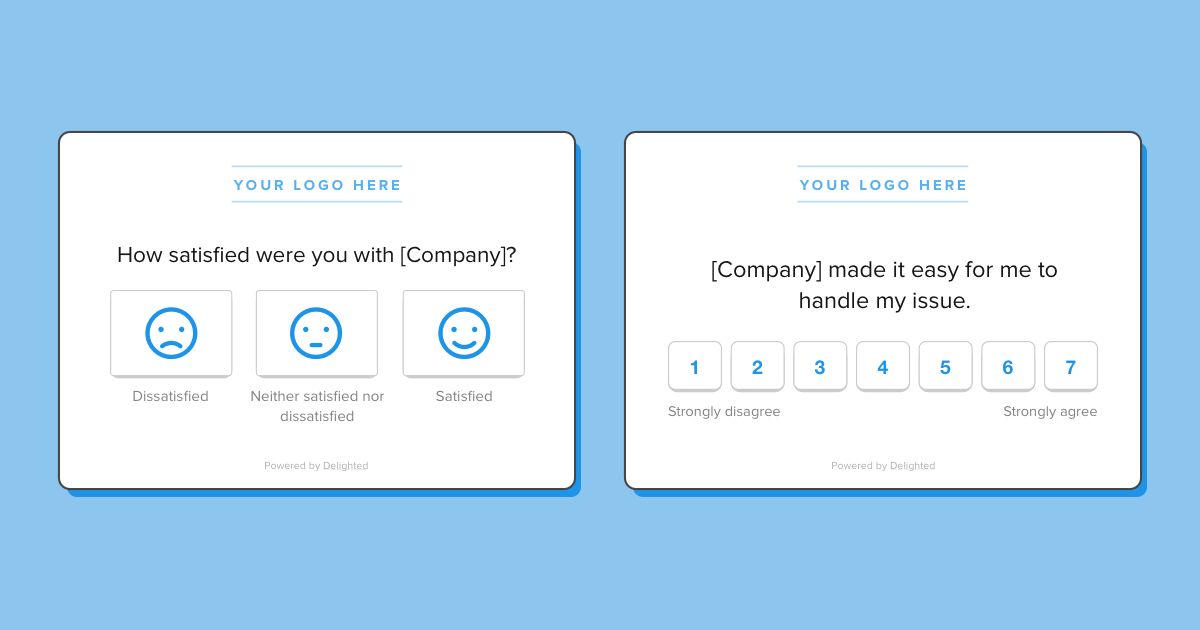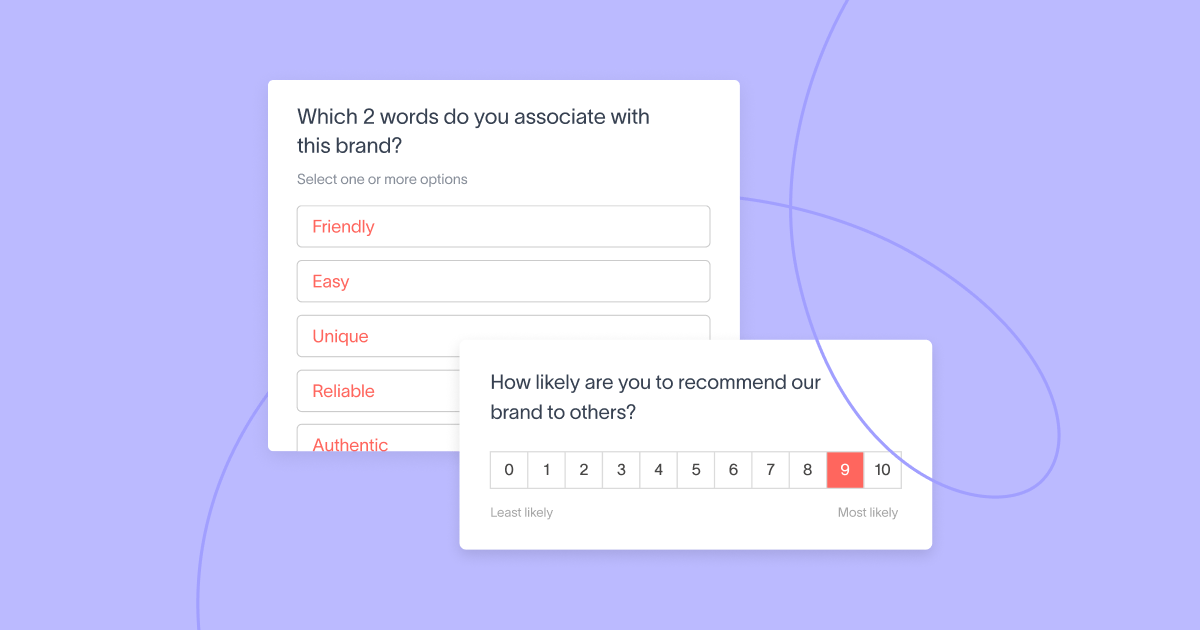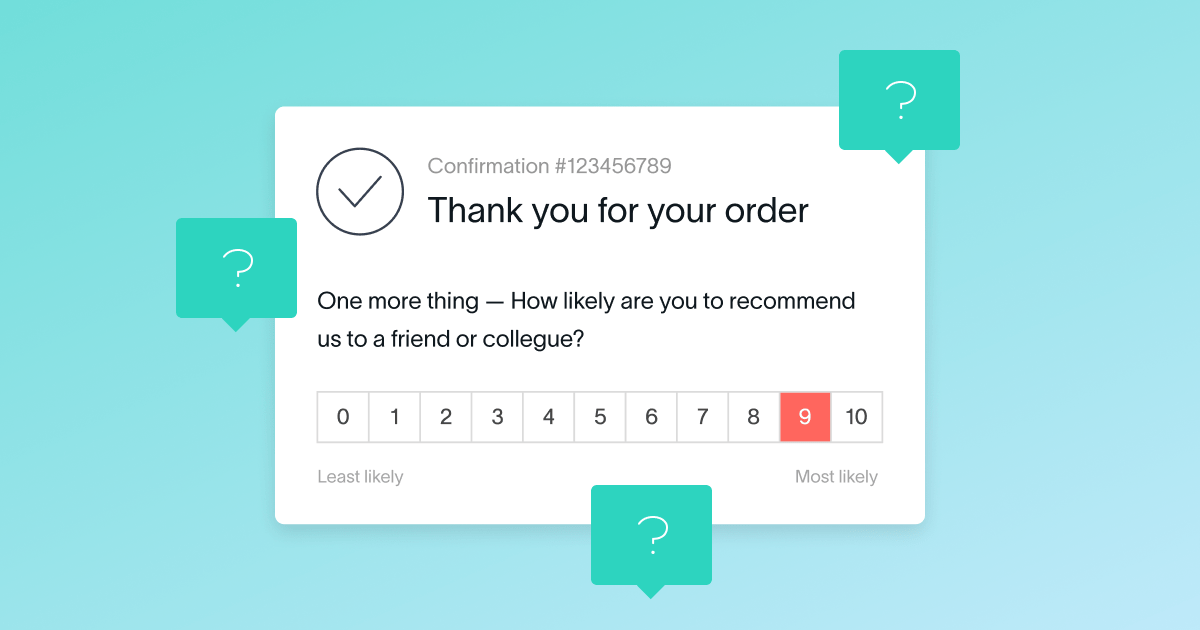As our customers expand their experience management programs to multiple touchpoints across the customer lifecycle, they’ve let us know that they’d like a bit more flexibility in the rating scales at their disposal.
That’s why, right on the heels of our new eNPS and PMF surveys, we’re excited to announce two more survey templates to help you optimize how you collect feedback and measure your customer experience:
- A 3-point Smiley Customer Satisfaction Score survey (CSAT-3)
- A 7-point Customer Effort Score survey (CES-7)
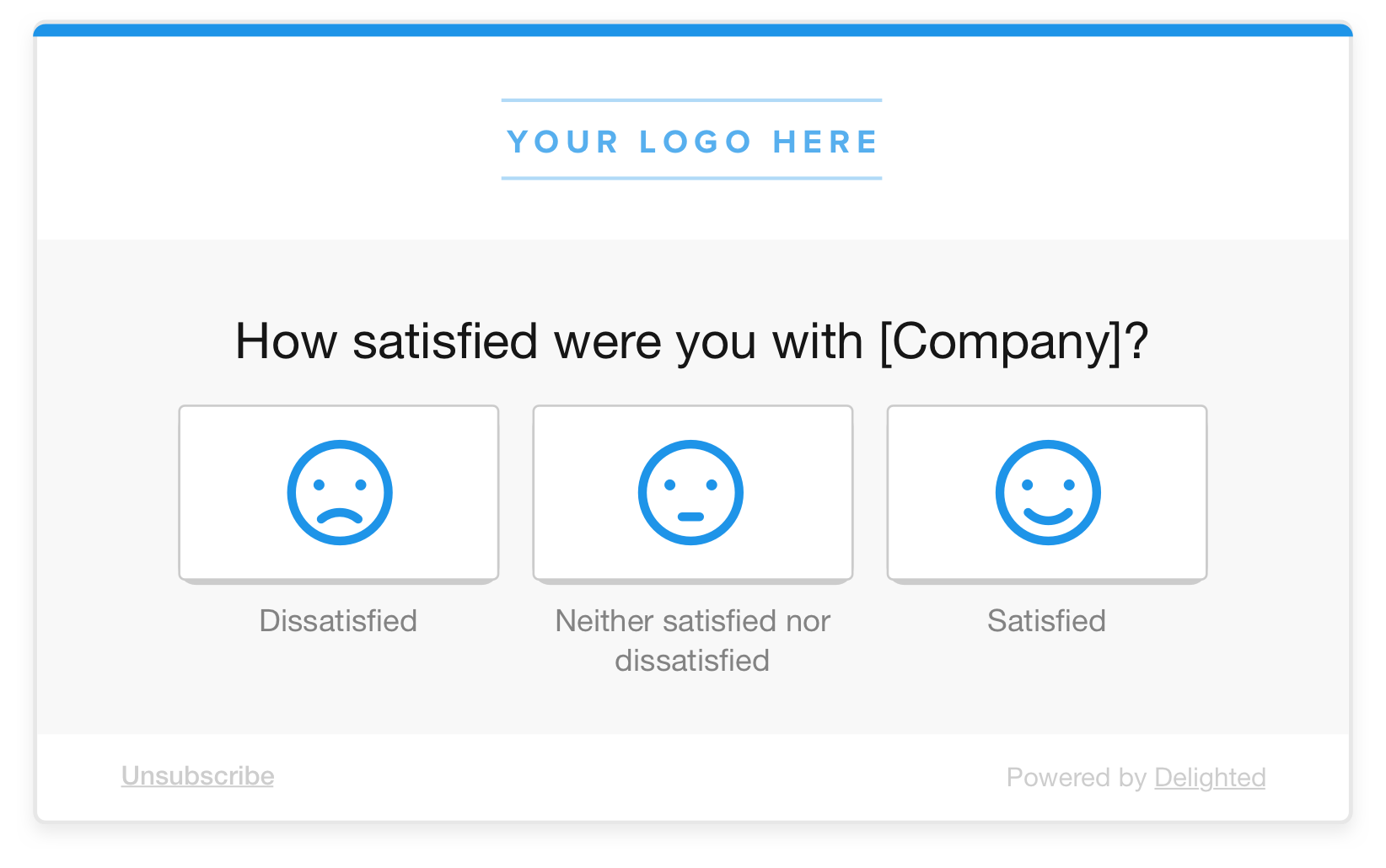
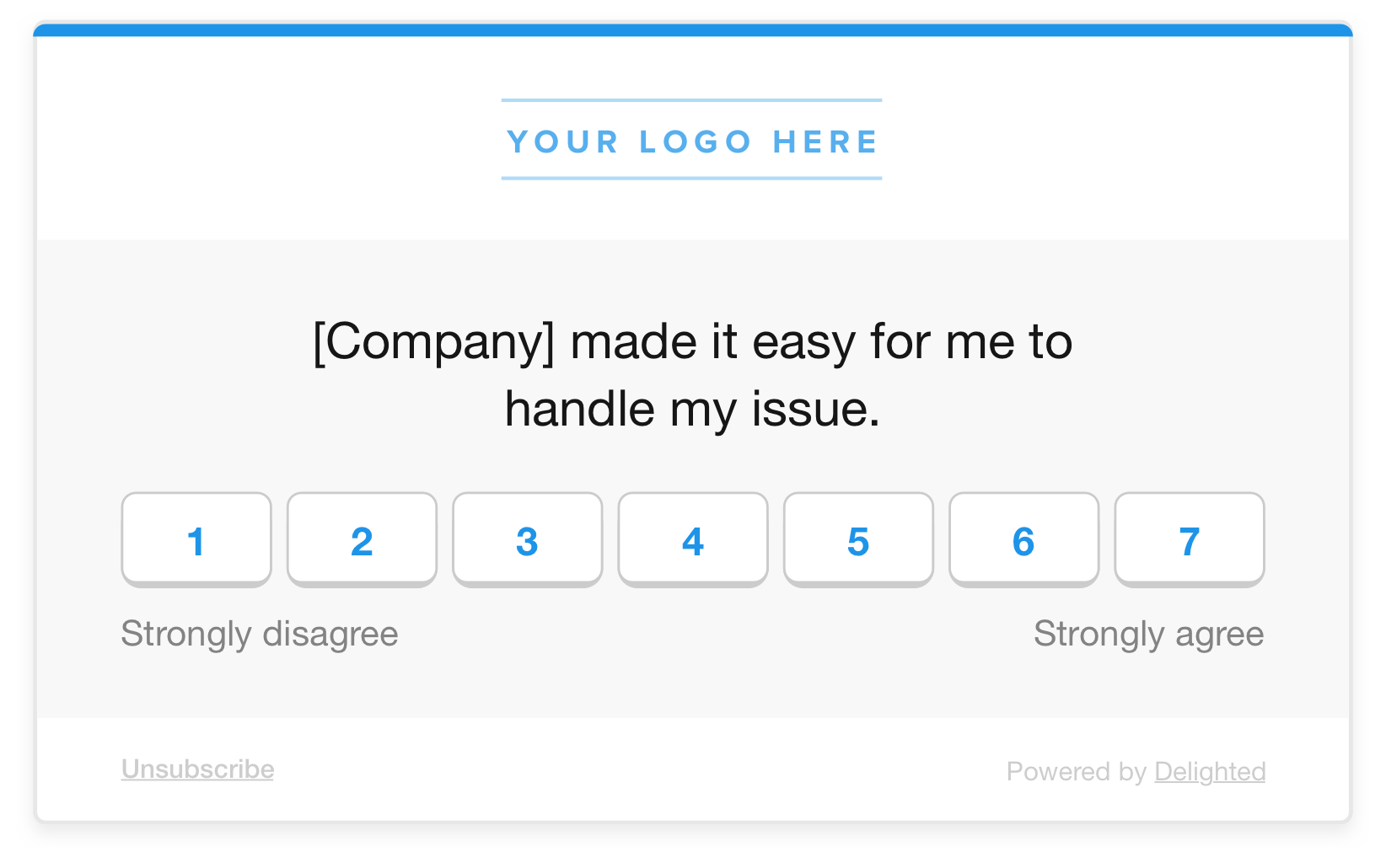
These two survey templates supplement our existing 5-point CSAT and CES surveys.
When to use a 3-point vs a 5-point satisfaction survey
Customer satisfaction surveys ask customers how happy they are with a certain interaction.
For fast, simple transactions where you want a gut check on the quality of the customer interaction, our 3-point smiley scale is the ticket. Customers can react quickly to the smiley faces, as opposed to parsing a numbered scale. (Note: We also offer a 5-point Smileys survey if you’d prefer to use smileys instead of numbers for all of your satisfaction surveys.)

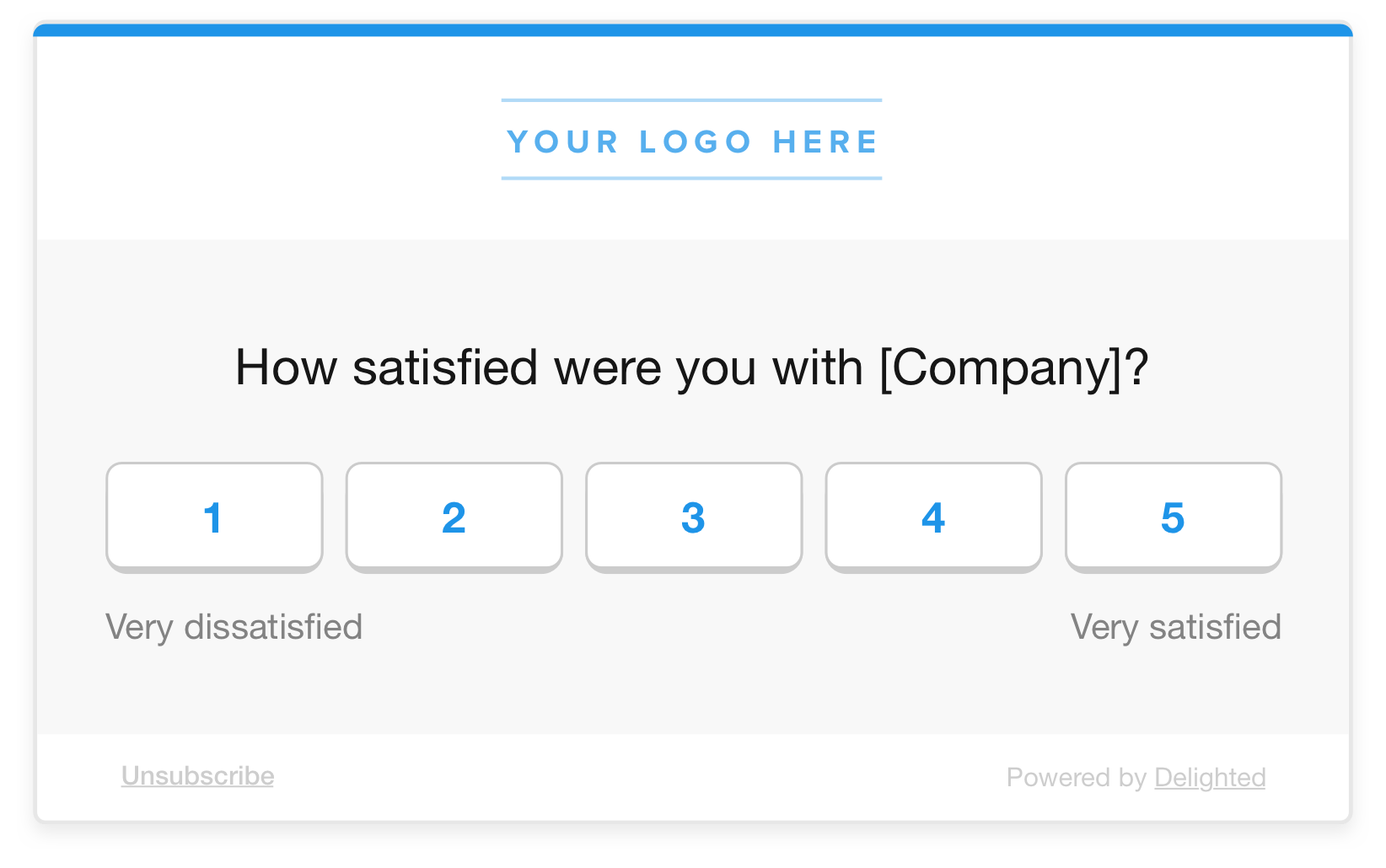
To monitor incremental improvement for more complex interactions, the 5-point scale is still the way to go. The added nuance helps you track whether you’re headed in the right direction — something that gets lost when customers are limited to “Dissatisfied,” “Neither,” or “Satisfied” as their answer options.
Seeing scores tip slightly in either direction will reassure your team that they should forge ahead with changes as planned, or pull the plug and go back to the drawing board.
Common use cases for a 3-point smiley survey:
- Chat support
- Customer service tickets
- Quick in-person interactions
Common use cases for a 5-point satisfaction scale:
- Brand/Product satisfaction
- Customer onboarding/success interactions
- More complicated experiences
For more background on CSAT surveys and best practice guidance on implementation, head to our “What is CSAT?” guide.
3-point CSAT scale score calculation
To calculate your CSAT off of a 3-point scale, Delighted takes all responses scored 3 and divides that by the total number of responses.
The 7-point CES survey
A Customer Effort Score survey asks customers how strongly they agree or disagree that your company makes it easy to resolve service issues or perform an action. Strong CES has been correlated to improved customer loyalty, making it a key CX metric to track.
There are many versions of the CES scale out in the wild: 3, 5, 7, and even 10-point scales exist, with variations on how the question is phrased.

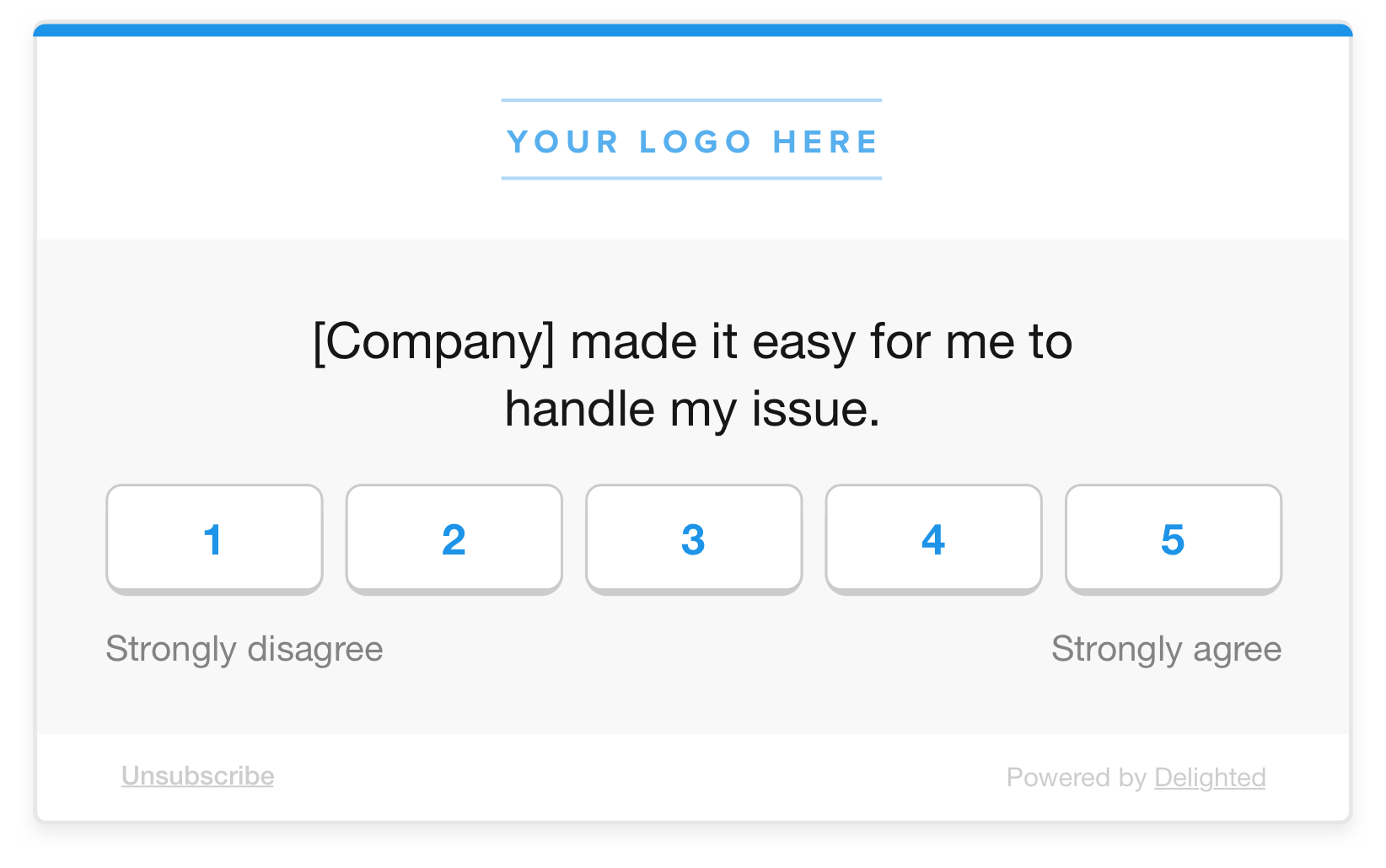
Delighted has historically offered the 5-point scale as a balanced way to measure CES. With the addition of the 7-point CES survey, you’ll be able to get even more nuanced responses from your customers.
With the 7-point scale, you’ll also be able to compare your CES to the global benchmark more easily. The Corporate Executive Board (now Gartner), which first created the CES survey, has seen that at top-performing companies, 90% of customers agree that service issues are easy to resolve (a rating of 5 or higher).
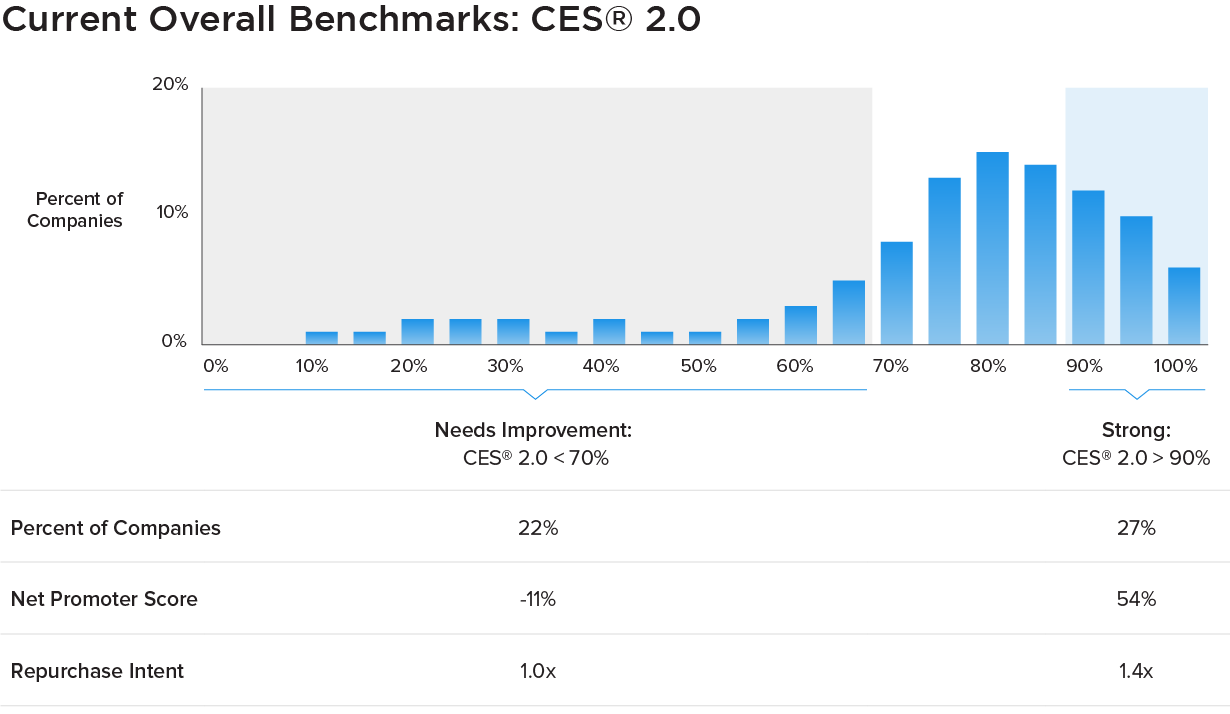
Common use cases for CES surveys
- Customer service ticket resolution
- Solution onboarding or product setup evaluation
- Website interaction quality (signup, purchase, subscription update)
- Any interaction where ease is a factor
For more background on CES surveys and best practice guidance on implementation, head to our What is Customer Effort Score guide.
7-point CES scale score calculation
Delighted will take all responses that are “agree” (5, 6, or 7) and divide that by the total number of responses.
Measure CSAT and CES in minutes
Ready to give these new surveys a try? Sign up and start sending surveys for free.
If you already have a Delighted account, you can add a CSAT or CES survey to the mix by clicking “Create a new project” in your projects menu.


